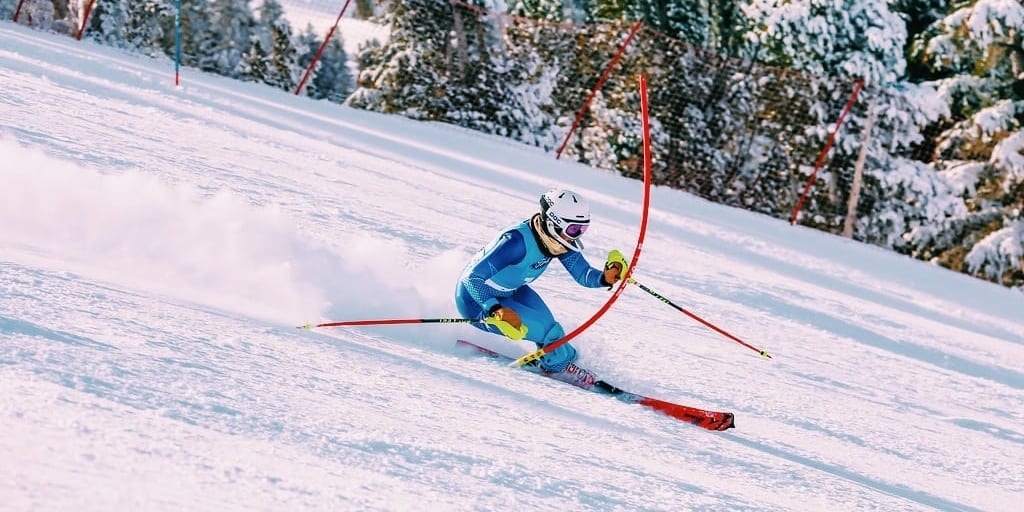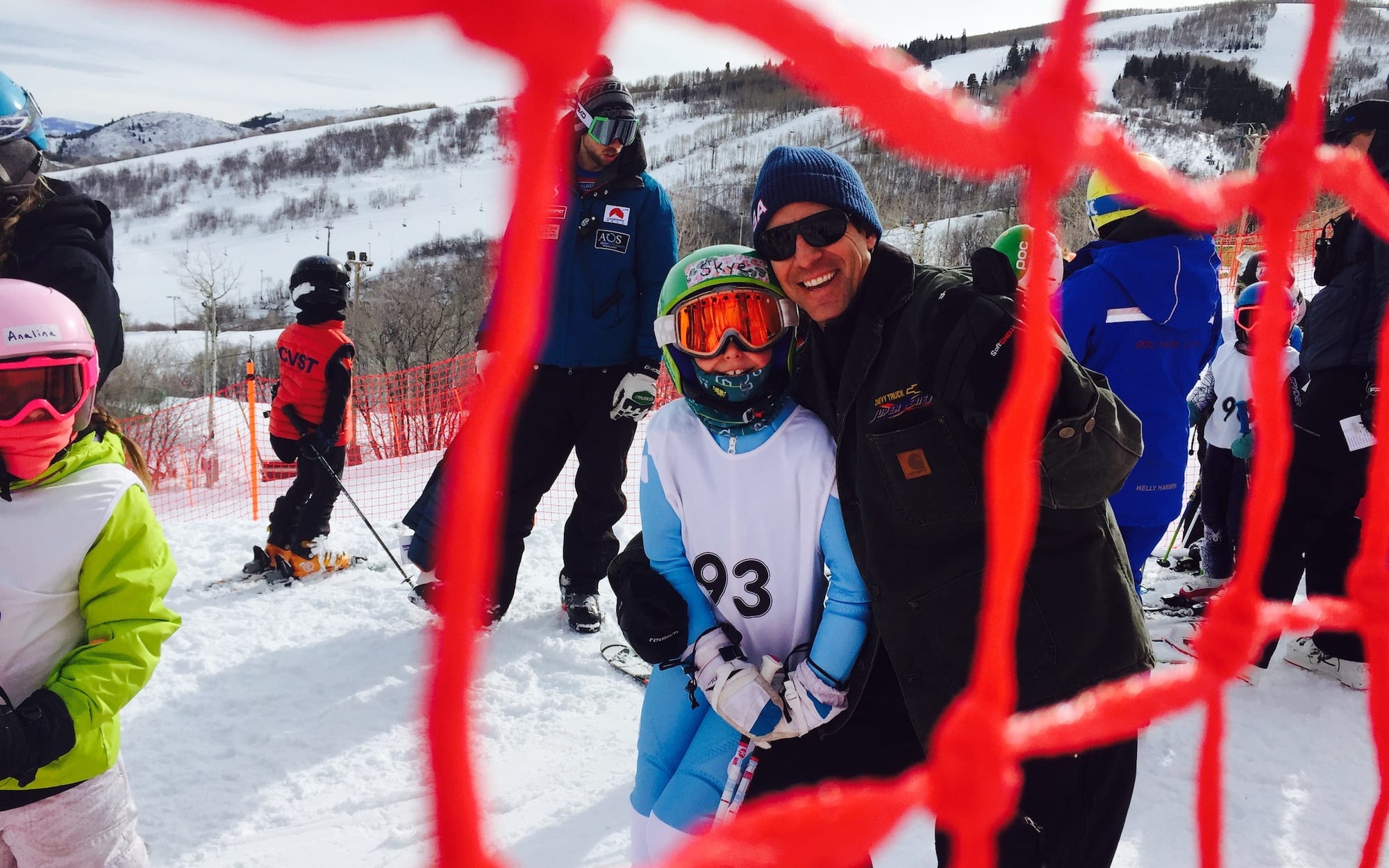The “Dream Girl” of the World Cup Makes History
The San Antonio Spurs have done it.
The Buffalo Bills have done it.
And now, the U.S. Ski Team has done it.
They’ve all hired women as full-time coaches, bucking a longstanding trend of reserving the top spot of sports teams for men.
And now, Karin Harjo, the assistant Europa Cup coach and the only woman on the U.S. Ski Team’s alpine coaching staff has just made history — by simply doing her job.
How so?
First, a step back. When Title IX was introduced in 1972, nearly all of women’s college athletic teams were coached by women. Today, that number has been cut in half, to less than 45 percent. Only 2 percent of men’s college teams, meanwhile, have female coaches, according to research from the Tucker Center for Research on Girls & Women in Sport.
At the professional sports level, female representation is even weaker, but the tide started to turn with the hiring of Becky Hammon by the San Antonio Spurs in 2014.
That sets the stage for the slam dunk by Harjo recently, when she became the first woman in World Cup history to set a slalom course when she handled the first run set in Flachau, Austria.
“As far as the history thing, it hasn’t really hit me yet,” Harjo said after the race. “Probably because a lot of the time I just think of going out and doing my job, and just being another coach on the hill. That’s always been my mentality, being known as a good coach versus being the woman that set the course. I understand it’s a huge milestone, but more than anything, I believe in working hard, believing in your dreams and doing the best job you can.”
Harjo moved to the World Cup level when she started coaching Resi Stiegler this year, who called Harjo’s historical milestone “rad.”
Stiegler has been working with Harjo to make her comeback to the World Cup this season, and together they’ve pushed to get Stiegler back into the top 15 on the slalom circuit after her latest injury.
“She’s super hot, she’s super intelligent and then she can hang with guys, drink whiskey and make jokes,” Stiegler said of Harjo. “She’s pretty much like your dream girl. Maybe that’s why she’s doing what she’s doing now because she’s not like any of the other girls I’ve ever met — none of that girl weird energy. She’s just fun.”
Harjo worked her way up from coaching junior racing in the Pacific Northwest to working as a coach with the USSA Western Region staff to the World Cup.
Brandon Dyksterhouse | Facebook
“Frank Kelble, he hired me and he’s been amazing to work with,” Harjo said. “I’ve worked with Kris Shampeny, who’s the other assistant Europa Cup coach, and then, you know, when I’m working at the World Cup level, I’m working with Brandon [Dyksterhouse] and Jeff [Lackie], and it’s awesome. I would say it’s been a productive and super supportive environment. So, there’s never been a day where I’ve ever felt anything other than being one of the team.”
Harjo said she approached the World Cup course set the way she approaches every course set — taking the “train like you race, race like you train” mentality. But she did have some obstacles, including the consideration of TV angles.
“That’s not something I’ve ever thought about while setting a course before,” Harjo said. “And the amount of pressure that I felt was more than any other course I’ve set before.”
Dyksterhouse and Head Women’s Coach Paul Kristofic helped pull her through the pressure, she said. “You’ve got to have people with you and behind you to make sure that you’re making the correct decisions under pressure,” she said, “and those guys were amazing.”
Even coaches need coaching sometimes.
“A big mentor of mine is Lester Keller,” she said. “I worked with him in Western Region and he still is somebody that I call whenever I can, and you really need somebody — whether it’s advice on career or advice on anything — it’s important.”
Why aren’t more women at the top of the World Cup coaching ladder?
In a recent New York Times/CBS News/Kaiser Family Foundation poll of nonworking adults aged 25 to 54 in the U.S., 61 percent of women said family responsibilities were a reason they weren’t working, compared with 37 percent of men.
“It’s a hard life,” Harjo said. “Obviously, the higher the level you coach, the more you travel, the more you’re gone from home, the more sacrifices you have to make. And again, I wouldn’t say that’s gender-specific, but it’s definitely something that weighs heavily on different people as they start making those choices.”
No matter what choices her fellow female coaches decide to make, Harjo has some advice.
“Do what you love every day,” she said. “I know it sounds crazy. And don’t be afraid to learn. The only limitations you have are the ones you put on yourself. And if you let other people’s expectations or other people’s perceptions define you, then you’ll be limited in what you can achieve.”
























